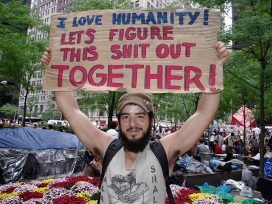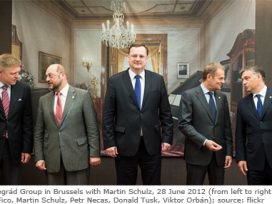The role of the sceptic
A conversation with John Gray
The destination of intellectual journeys, remarks John Gray, is unknown at any one time. Utopianism, on the other hand, usually ends in disaster. Thus the radical anti-communist of the 1970s finds Marx’s analysis of capitalism prescient today and rates Keynes above Hayek.





